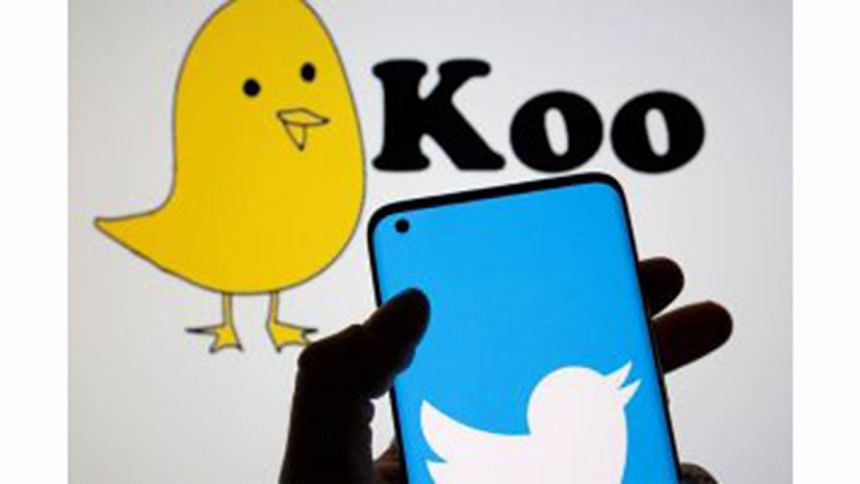Koo over Twitter - the start of India’s own internet

Over the past few years, Narendra Modi's government has racked up pressure on global tech companies, imposing stringent restrictions on the conduct of Facebook, YouTube and Twitter in India.
As part of the pressure, the Indian government last month called out Twitter for "not doing enough" to block accounts sharing hashtags, which the government called "incendiary and baseless", during the farmers' protest against new agricultural reforms.
Under the current context, homegrown alternatives to many of those services have propped up vying to hatch up market advantage as a result of India's techno-nationalism.
With less than 4.2 million Twitter downloads in 2021, the CNN reported that "Koo" -- touted by India's prime minister Narendra Modi and used "enthusiastically" by several officials and ministries in his government -- has been downloaded 3.3 million times so far this year.
The co-founder of Koo, Mayank Bidawatka, said that the government backlash against Twitter and other tech platforms is "unfortunate", but did not deny that the clash has given Koo and other Indian apps a boost. Bidawatka further said that local apps can step in where global tech firms fall short.
CNN also reported that India used China's tech playbook against them by banning Tiktok and other Chinese apps to boost Indian alternatives like Chingari and Koo. These shifting dynamics in the digital sphere offers warning signs of a "splinternet", where countries stick to their apps and abandon the transparent and global nature of the internet.
Anupam Srivastava, a non-resident fellow at the Stimson Center, a Washington DC-based think tank, and a former head of the Indian government's investment agency, Invest India, believes unseating Big Tech might not be the Indian government's intention. It is rather to send a message to companies like Facebook and Twitter that access to India's massive internet should not be taken for granted.

 For all latest news, follow The Daily Star's Google News channel.
For all latest news, follow The Daily Star's Google News channel. 



Comments